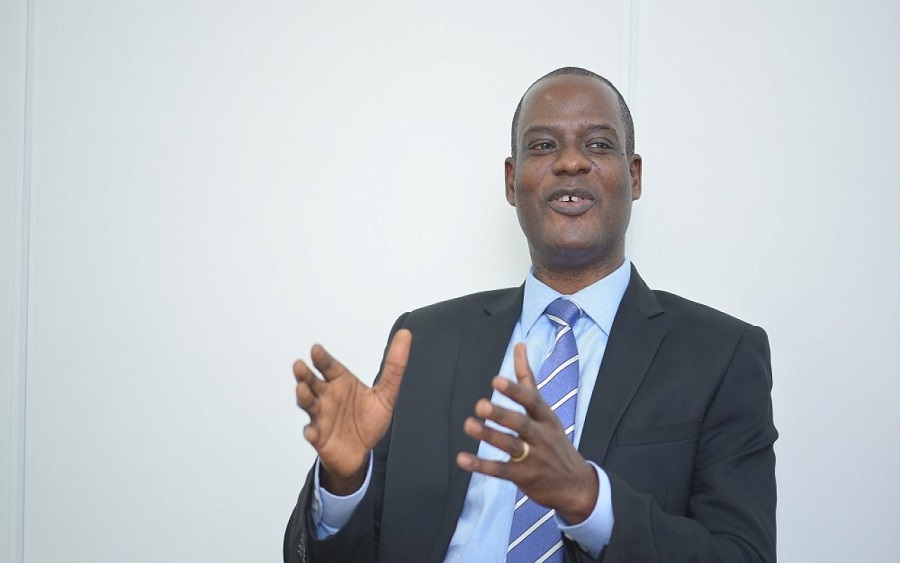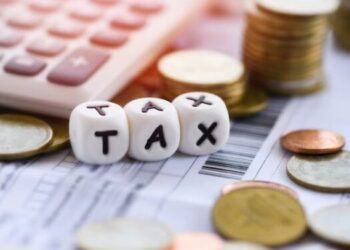- Taiwo Oyedele believes that the introduction of the renewal policy sets a bad precedent for more regressive taxes in Nigeria.
- He argues that it is unnecessary to prove annually the ownership of a vehicle when individuals already possess a government-issued certificate of proof of ownership.
- Oyedele said it is insensitive for the government to introduce additional taxes while Nigerians are still grappling with the impacts of fuel subsidy removal.
The Fiscal Policy Partner and Africa Tax Leader at PwC, Mr Taiwo Oyedele, has said that the recently introduced annual renewal of proof of ownership for cars should not be implemented because it would set a bad precedence for more retrogressive taxes.
Reacting to the policy via a Twitter post, Oyedele described the introduction of the renewal as retrogressive, ill-conceived, and poorly designed.
According to him, apart from the payment which seems to be solely for revenue generation, and more for non-state actors than for the government, it is illogical for people to have to prove annually that they own a vehicle for which they already have a certificate of proof of ownership issued by the government.
He noted that the tax also added complications to the myriad of multiple taxes which make doing business difficult and dampens tax morale. He added that it is also insensitive of the government to come up with an additional time at a time many Nigerians are still grappling with the impacts of fuel subsidy removal.
Wrong on all fronts
Highlighting reasons why the introduction of proof of ownership renewal is wrong in all facets.
Oyedele said:
- “According to the NBS, there are about 12 million vehicles in Nigeria. If we assume that everyone complies and pays to the government, the tax will generate gross receipts of N12 billion annually before taking into account the likely high cost of collection and possible leakages in addition to the unquantifiable time, cost, and burden of compliance by vehicle owners.
- While this tax will not necessarily stop the earth from rotating, it is wrong both in terms of signalling from a multiple taxation perspective and in terms of timing given the recent fuel subsidy removal. To be sensitive and demonstrate empathy, the government should not impose any new or higher taxes on transportation, energy, or food which are the most impacted by the subsidy removal. The same reasons why the recent attempt to collect VAT on diesel needs to be reconsidered.”
- “The tax should be set aside in the interest of good order and to prevent setting a bad precedent. Who says we cannot be asked to also renew our birth certificates, C of O, etc. on an annual basis if this succeeds?” he added.
The policy
The Lagos State Government had on Tuesday, June 27, announced the commencement of the annual renewal of the Proof of Ownership Certificate for vehicles registered within the state, with effect from July 1, 2023.
This is in line with the communiqué issued by the Federal Government Joint Tax Board, after an emergency meeting held on May 9, 2023.
According to the Permanent Secretary, Lagos State Ministry of Transportation, Abdul-Hafiz Toriola, the procedure is aimed at ensuring real-time tracking and maintaining the integrity of vehicle records on the National Vehicle and Identification Scheme (NVIS) database.
He said the renewal process is part of the government’s commitment to keeping accurate and up-to-date records of vehicle ownership, which is crucial for effective traffic management, law enforcement, and public safety, reiterating that the renewal process will ensure national integration of data.
The Permanent Secretary added that the Proof of Ownership Certificate serves as valid proof that a vehicle is legally owned by the registered individual or entity and will contain vital information such as license plate number, model, and year of manufacture, in addition to the owner’s name and address.
He said the document will be issued at the point of renewing vehicle particulars at a minimal fee of One Thousand Naira Only (N1000).




















These people are concerned about themselves only they don’t feel the problems being encountered by the people as a result of petroleum subsidy removal.